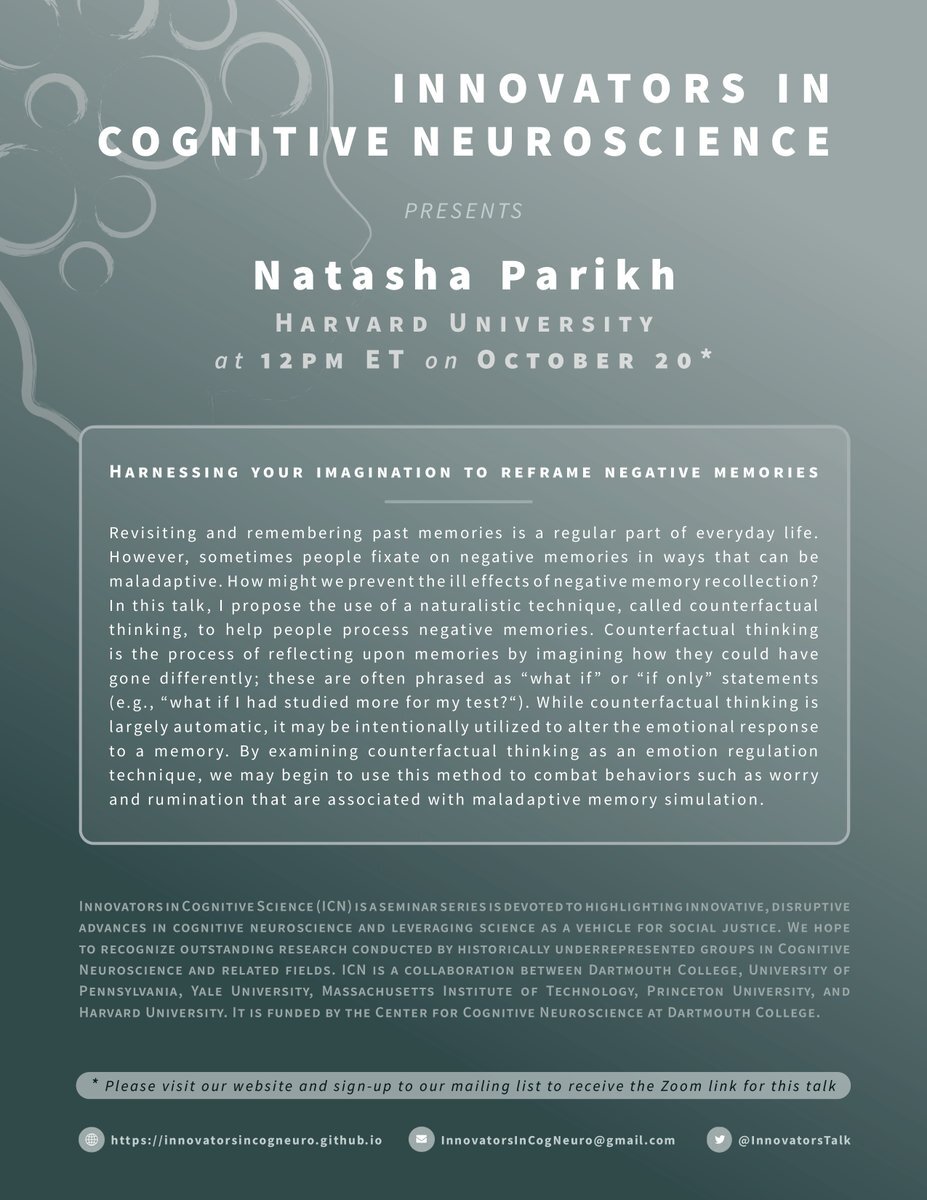- Published on

People with higher trait anxiety tend to have a harder time creating detailed mental simulations, according to new research published in the journal Cognition and Emotion.
“My research has convinced me that our capacity to imagine possible personal events critically depends on our capacity to remember our personal past,” said study author Felipe De Brigard, an associate professor at Duke University and principal investigator at the Imagination and Modal Cognition Lab.
The study, “Phenomenology of counterfactual thinking is dampened in anxious individuals“, was authored by Natasha Parikh, Kevin S. LaBar, and Felipe De Brigard.
Full profile: link
“My research has convinced me that our capacity to imagine possible personal events critically depends on our capacity to remember our personal past,” said study author Felipe De Brigard, an associate professor at Duke University and principal investigator at the Imagination and Modal Cognition Lab.
The study, “Phenomenology of counterfactual thinking is dampened in anxious individuals“, was authored by Natasha Parikh, Kevin S. LaBar, and Felipe De Brigard.
Full profile: link



